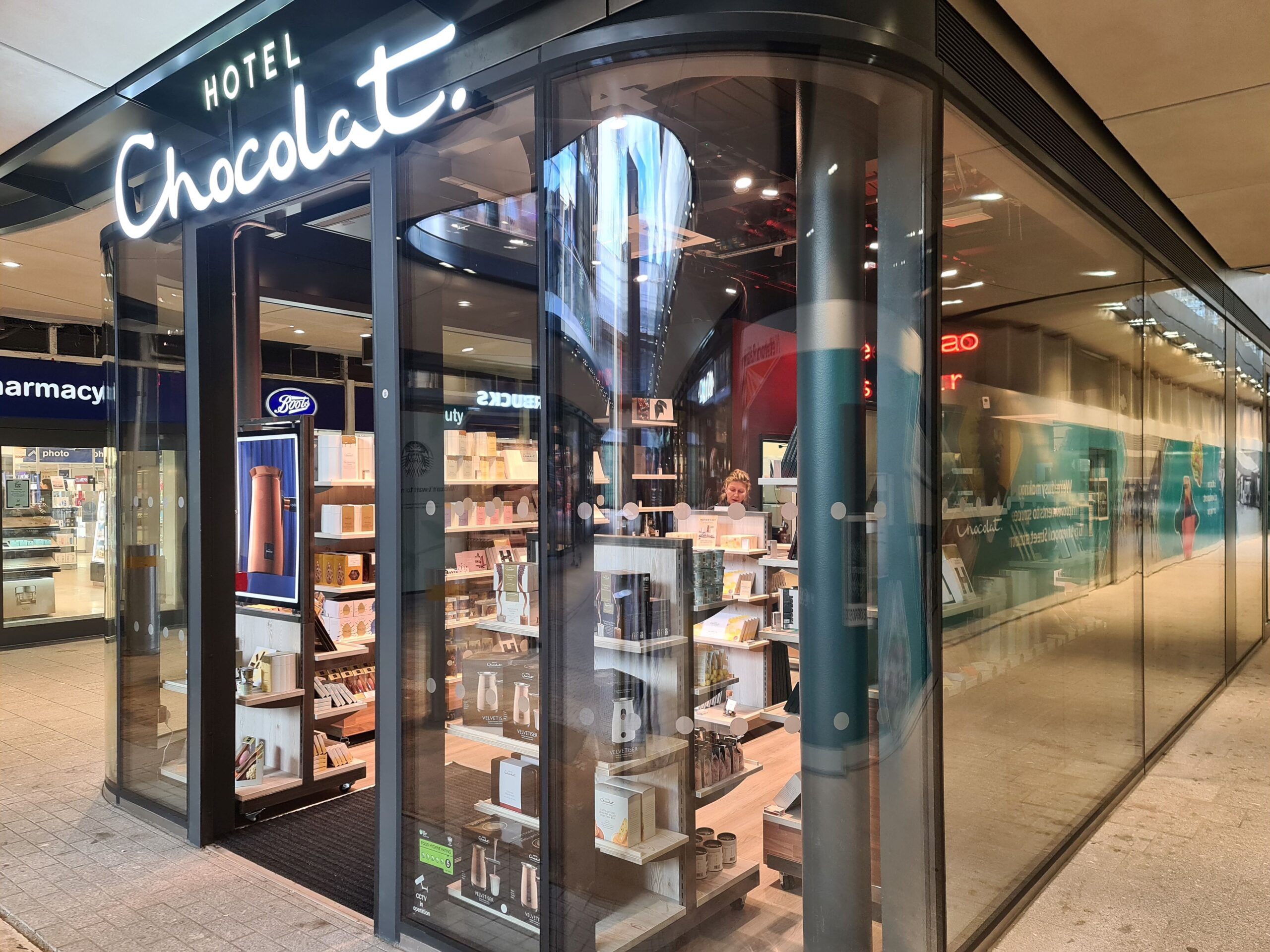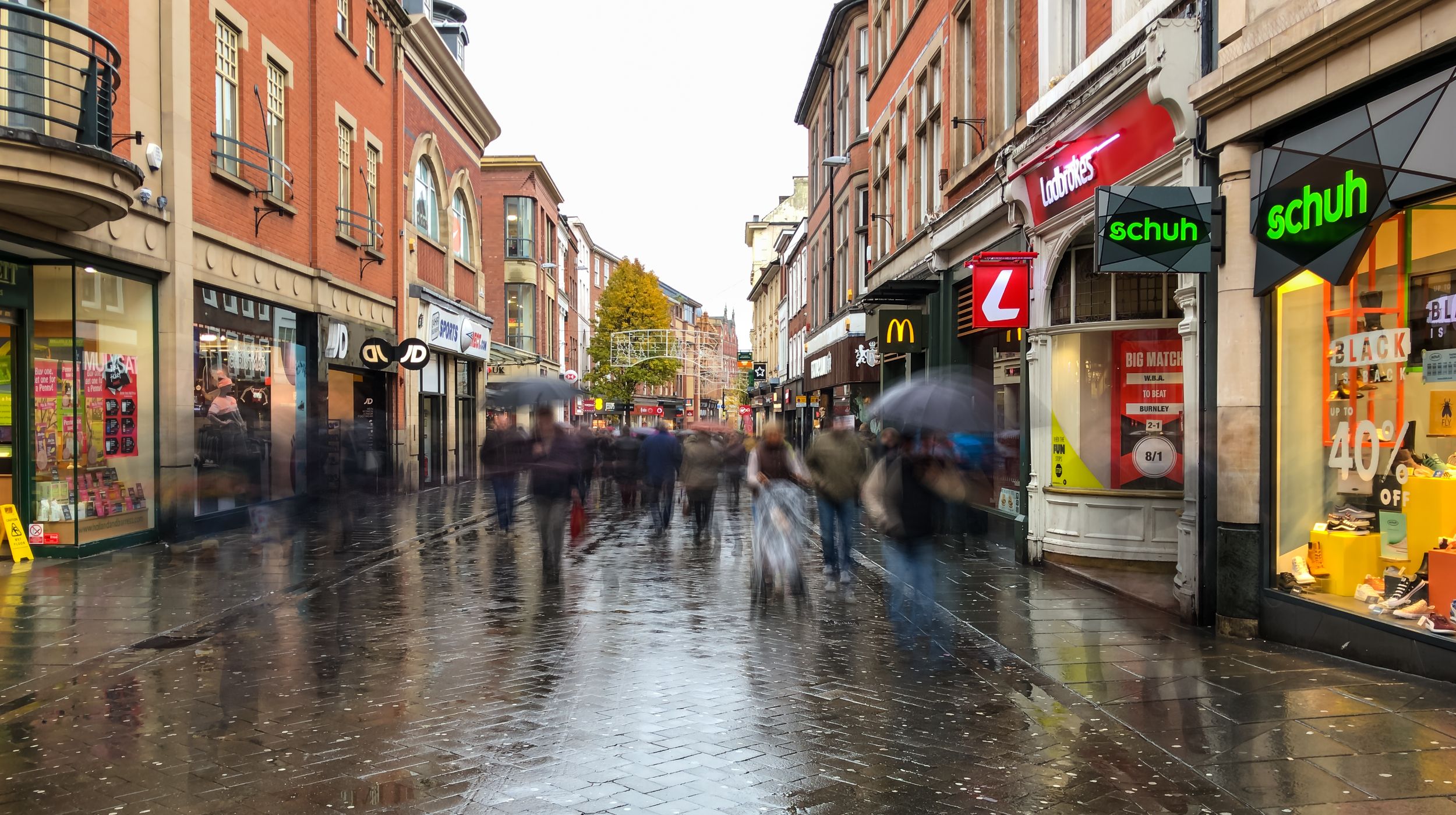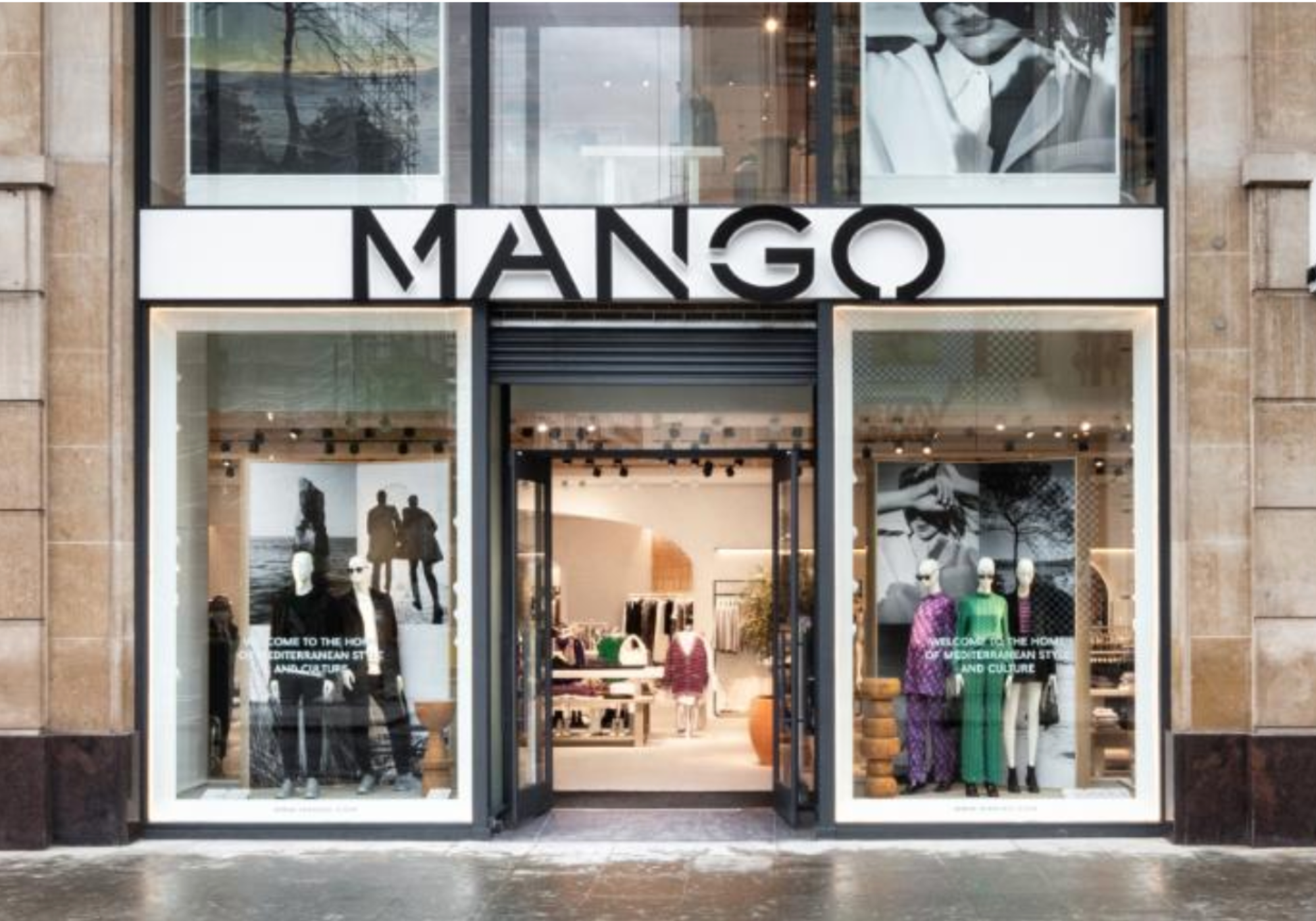Marks & Spencer today reported falling online sales as the new M&S.com site “settled in”.
In the first quarter of its financial year, ecommerce sales fell by 8.1%, while group sales rose by 2.3% and UK sales rose by 2% and like-for-like sales, which strip out the effect of store openings and closures, by 0.3%.
Like-for-like food sales were up by 1.7% (total sales +4.2%), while clothing sales were down by 0.6% on a like-for-like basis (total sales +0.1%), and general merchandise down by 1.5% (-0.8%). International sales, meanwhile, rose by 4.7%.
The company said that general merchandise sales were hit both by the settling in of the new .com site, while reductions in promotions, both online and in stores, had also affected sales. Nonetheless, it suggested profits would not be hit, saying that its full-year guidance was unchanged.
Chief executive Marc Bolland said: “We have seen a continued improvement in clothing, although as anticipated the settling in of the new M&S.com site has had an impact on sales.
“We are pleased at the womenswear business was in growth, driven by full-price sales, in line with our increased focus on margin.”
The company said the new web platform was technically resilient, and customers had commented positively on its fashion and style content. Updates will now be made regularly, and M&S reported a “gradual improvement in sales performance, despite a lower level of promotional activity.”
Analysts, however, said the settling in of the website was running out of steam as an excuse. “This is the last quarter that the bedding-in of the new website can be used as an excuse for the poor performance of clothing,” said James McGregor, director of retail consultants Retail Remedy.
Meanwhile, Joshua Raymond of City Index, said: “It remains to be seen whether the website impact is becoming a fundamental concern on sales or whether this is really just teething issues with its roll out, which the firm maintains will last approximately six months (having been rolled out in February).
“The fact that online sales fell 8.1% during the teething issues remains a concern. A £150mn investment has been made into this brand new website and whilst one would expect some minor issues, you have to question the firm’s online due diligence for there to be such an impact on sales. This part requires careful watching over the coming quarters.”
However, Kantar Retail‘s Himanshu Pal, retail insights director EMEA, was more positive. “The dip in online sales is due to availability and navigation issues on its new website but M&S should reap rewards from its strategy in the next six months as the future of general merchandise is definitely online,” said Pal.
M&S also said it was on track to open 150 new Simply Food stores over the next three years.
When M&S launched the new site, back in February, it emphasised the way it had put customers at the heart of the new enterprise, testing it consistently over the two years of development. The site was an important move for it away from its previous Amazon platform to an in-house built one. The new site, it said, boasted increased efficiency and improved images and editorial content. But early reaction was somewhat negative, with complaints on the Internet Retailing story criticising navigation and complaining that previously stored information such as wishlists, delivery information and order history had disappeared. Of 35 comments just one was positive, saying: “It works and it looks good and most impressively of all it doesn’t think that an important part of its brand message is a big sign that says 50% off.”
Our view: Generally, website replatforms result in growing, rather than falling sales, and an 8% fall is dramatic for such an ecommerce stalwart at M&S. We’ll reserve our judgement and give the site time to bed in. But, the important question is, will customers? When the new site first launched we saw lots of negative comments at Internet Retailing, many saying they would no longer shop online with the retailer. Has M&S done enough to address the worries they expressed, or will this ‘blip’ soon become a standard part of the narrative? We watch with interest, particularly in the light of multichannel director Laura Wade-Gery’s recent assumption of responsibility for M&S’ UK stores. How will they change under her leadership? How will the single view of the customer that this move promotes ultimately affect sales? We shall watch with interest.
We also note something of a trend away from promotions. Last month, Debenhams reported slowing sales as it cut back on promotions, but said those sales it was making were more profitable. This looks like a response to the growth of the economy. Perhaps customers need to get ready for the era of discounts and promotions that we’ve got so accustomed to to come to an end. Retailers will see sales fall as a result in the short-term, but as growth continues is this a necessary adjustment?






